 An international poetry book review series
An international poetry book review series
Series Editor:: Aryanil Mukherjee
|
We Are Here
Niels Hav
Tyrone Williams
In August 2008 I travelled to Copenhagen Denmark to attend the Performance Studies International Conference. While in Copenhagen I met Niels Hav and a number of Copenhagen poets. The following travelogue qua book review is my tribute to Niels and his fellow artists.
Day 1: So "We Are Here," "lost in a strange part of town"(17). The directions are somewhat confusing, for though one street sign, "Illumination," points us down a predetermined path—"Some words are more beautiful than the experience they stand for," (11), the corner of "Words on paper make no difference/ anywhere in the cosmos" (50) makes one pause. Which way to nowhere?
Day 2: After "The dream of going home/ and walking in clogs forever" one settles, so to speak, for "The beauty of morning at the end of August." For no matter where we go we find ourselves "out of step,/ preoccupied by the most trivial chores,/ caught in banal worries about money/ or feeling exalted by just being." Niels Hav takes his readers on the most ordinary of tours, tours that, for all that, remind us of the existential vacancy just beneath our "time on earth,/ hunting for weekly bargains, repairing bicycles,/reading the newspapers, discussing politics, watching TV/ and playing soccer." (49) Strolling through the nebulous airs of poetry, Hav must tell himself, must insist, that he "neglected doing more useful things/ in order to ponder the mystery,/" though the previous stanza in which he finds himself seems vacuous. That is, "The water truck driver who flushes/ the city’s sewers is" only, merely, "more useful/ than most of us." (50) That "more" cuts both ways; it is a two-way street. Driving in one direction we find ourselves measured on a scale of utility; all are useful, though some more than others. Doing a u-turn we spin our wheels: all are useless, though some less than others. Does it matter, then, if one is "A fiasco/ at all disciplines"?
Day 3: I flew to Copenhagen to an academic conference. I walked the streets of the city of bicycles for five days. It was tempting to think of myself as a dollar bill lost among the bustling jangle of euros and kronens, but it was important to recall, say ten years before, when I walked the streets of London, when the dollar was, like "U.S.," king...But there are always, as Hav reminds us, filmy, nearly invisible, threads between the haves and have-nots: "during the killings unawares/ we walked along the lakes." Earlier in the year I was in Nebraska City, Nebraska when a Boy Scout camp was wiped out by a tornado that skirted the artist apartments where I was staying: "The grapes are from South Africa,/ the rice from Pakistan, the dates grown in Iran." I watched the scenes of destruction on a television set and then the next day flew home: "The dead are buried deep inside the newspapers,/so that we, unaffected, can sit on a beach/ on the outskirts of paradise/ and dream of butterflies." (39)
Day 4: I flew from Copenhagen to Vancouver to attend another academic conference, this one on poetics. We were there to affirm our commitment to writing as social and political engagement, as solidarity with those who, for the most part, as always, were in absentia. Or as Hav would have it: "I prefer writing/ with a pen found in the street" because he, like us, "imagine that such an implement/ will fuse my writing with industry/ the sweat of skilled labourers, administrative offices/ and the mystery of all existence." In Frankfurt—my overnight stopover between Copenhagen and Vancouver—I paid the taxi fare with fifty American dollars. The look of disgust on the driver’s face was palpable. At the hotel I rushed into the on-site restaurant just as it was about to close—I was "starving" as we say—and the bartender told me I had to ask the cook who was outside on his cell phone. So I did. He was "happy" to create a special dinner for me—penne, salad, wine—and ordered the bartender to bring out the bread and a bottle of "the best red." What is a poet, asks Hav, as he asks us to accompany him, shuffling from study to bathroom, from dinner to the open mike: "A poem must be just as honest as the Dow Jones index/--a mixture of reality and sheer bluff." (12) Upstairs I dragged out my journal and poked at some random jottings—are they still alive? As for the pen: "It smells/ faintly of dog piss, and it writes fantastically." (12)
Day 5: Touchdown. Happy to be home, I begin to grow—again—restless, ready to leave for another reading, another conference. Hav reminds us of the Freudian cliché—we write the same poems over and over again, the repetition compulsion of play in a world of work, in a world where there is, normally, one home, one person, a singular island of relative stability incessantly at odd with an expanding universe of infinitesimal stanzas, receding wombs (not coffins—or if coffins, if only coffin after coffin, then maybe one womb as a impossible miracle, a child rising from one—just one--of those coffins)—toward which we hurtle, kicking and screaming: "You can spend an entire life/ in the company of words/ not ever finding/ the right one." (57)
We Are Here by Niels Hav.(Book Thug: Toronto, 2006), 60 Pages, $15.00

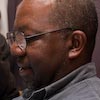
|
Tyrone Williams teaches literature and theory at Xavier University in Cincinnati, Ohio. An experimental poet of a rare breed, Tyrone has authored two books of poetry, c.c. (Krupskaya Books, 2002) and On Spec (Omnidawn Publishing, 2008)and a number of chapbooks including AAB (Slack Buddha Press, 2004), Futures, Elections (Dos Madres Press, 2004)and Musique Noir (Overhere Press, 2006).
|
|
|
BOOKS
|
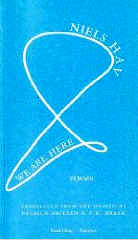
We Are Here
|
|
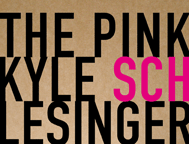
THE PINK
|
|
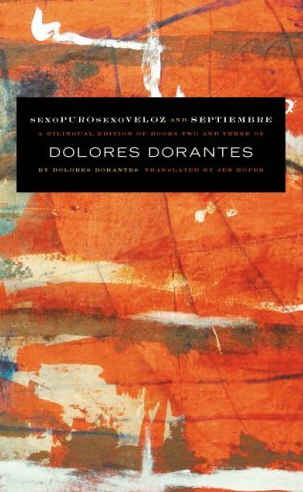
SEXOPURO SEXOVELOZ/SEPTIEMBRE
|
|
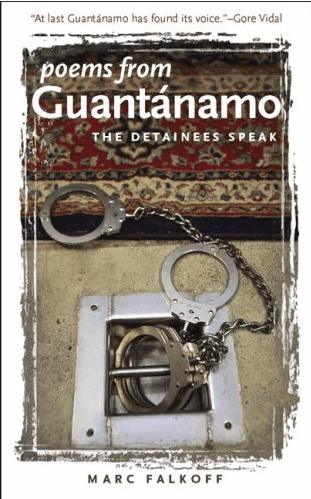
Poems from Guantánamo
The Detainees Speak |
|
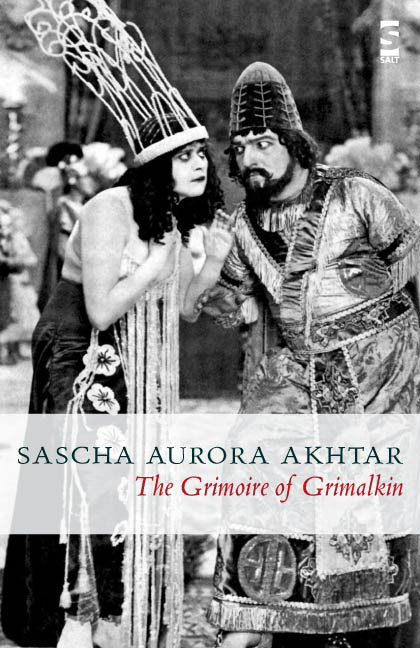
Grimoire of Grimalkin
|
|
|




